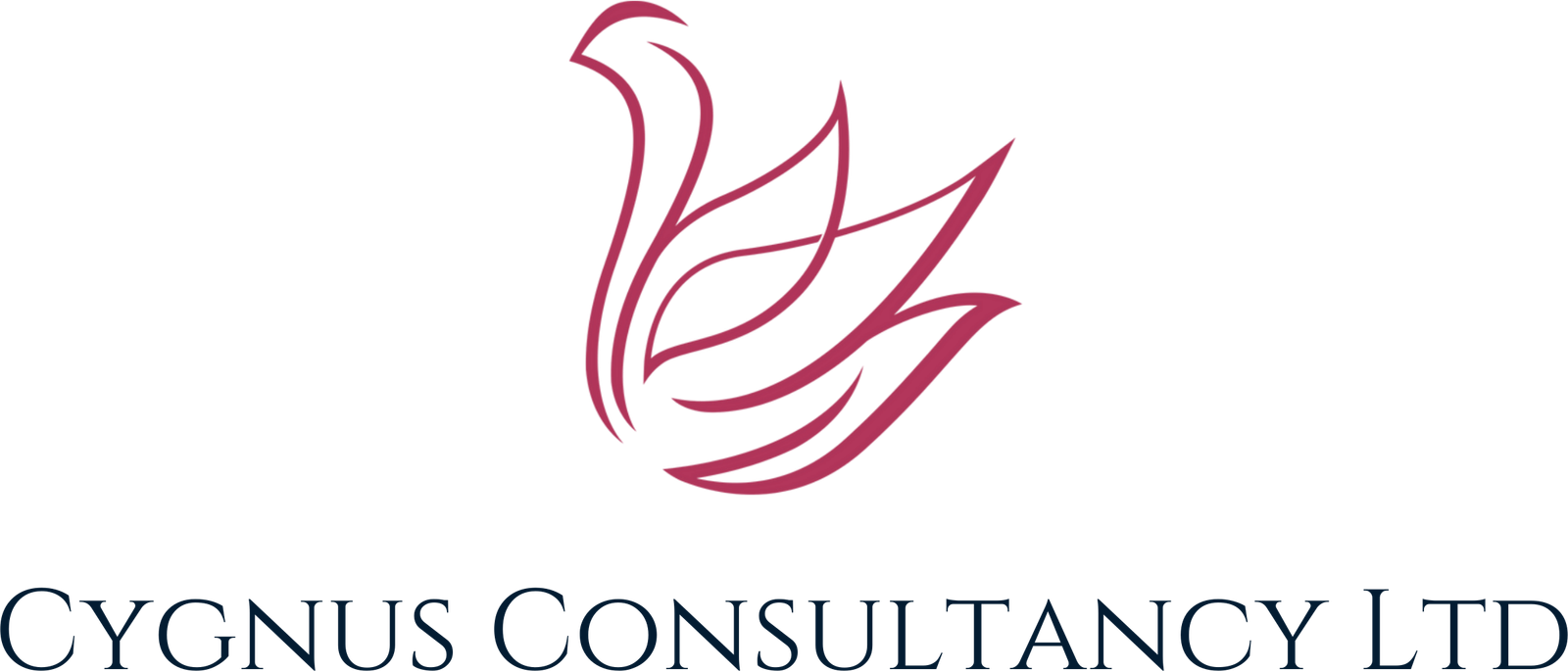As a limited company owner in the UK, understanding tax deductions is crucial for maximizing savings and optimizing financial performance. 💼💰 With the latest guidance from HMRC, you can leverage various deductions to reduce your taxable income and ultimately lower your tax bill. In this comprehensive guide, we’ll explore the key tax deductions available to limited company owners, empowering you to make informed financial decisions and unlock valuable savings. 💡
Introduction 📝
Tax deductions play a vital role in the financial management of limited companies, allowing owners to offset eligible expenses against their taxable income. By identifying and utilising these deductions effectively, you can minimize your tax liability and retain more of your hard-earned profits. Let’s delve into the specific deductions available to UK limited company owners.
1. Business Expenses 💼
HMRC permits deductions for a wide range of legitimate business expenses incurred in the course of operating your company. These expenses may include:
- 🏢 Office rent and utilities
- 💼 Employee salaries and benefits
- 📦 Office supplies and equipment
- 🚗 Travel expenses related to business activities
- 📣 Marketing and advertising costs
- 📚 Professional services such as accounting and legal fees
By meticulously tracking and documenting these expenses, you can claim them as deductions, thereby reducing your taxable income.
2. Capital Allowances 💼
Capital allowances enable you to deduct the cost of certain business assets, such as equipment, machinery, and vehicles, from your taxable profits. HMRC provides various allowances depending on the type of asset and its depreciation rate. For example:
- 💼 Annual Investment Allowance (AIA): Allows for 100% deduction of qualifying expenditure on most plant and machinery, up to a specified limit (currently £1 million until December 2021).
- 💼 Writing Down Allowance (WDA): Provides deductions for the depreciation of assets not covered by the AIA.
By understanding the capital allowances available to you, you can reduce your tax liability while investing in essential business assets.
3. Research and Development (R&D) Tax Credits 🛠️
R&D tax credits offer generous incentives for companies engaged in innovative research and development activities. If your limited company invests in qualifying R&D projects aimed at advancing science or technology, you may be eligible to claim R&D tax credits. These credits can significantly reduce your corporation tax bill or provide a cash payment if your company is loss-making.
4. Employer Pension Contributions 💰
Contributions to employee pension schemes are tax-deductible expenses for limited companies. By offering pension benefits to your employees and making contributions on their behalf, you can lower your company’s taxable income while providing valuable retirement savings options for your workforce.
5. Charitable Donations 🤝
Donations made by your limited company to registered charities are typically tax-deductible. By supporting charitable causes aligned with your company’s values, you can not only make a positive impact on society but also reduce your tax bill.
6. Add Backs 🚫
While many expenses are eligible for tax deductions, it’s essential to be aware of add backs—expenses that are not tax-deductible. These may include:
- 🎉 Entertainment expenses: Costs incurred for client entertainment or employee events are generally not deductible for tax purposes.
- 🎁 Gifts: While gifts to clients or employees may be a gesture of goodwill, they are typically not tax-deductible.
- 🍽️ Personal expenses: Any expenses that are primarily for personal benefit, such as meals and travel unrelated to business activities, cannot be claimed as deductions.
Understanding these add backs helps ensure accurate reporting and compliance with HMRC regulations. By distinguishing between deductible expenses and add backs, you can effectively manage your company’s finances and minimize tax risks.
Conclusion 🌟
Navigating the intricacies of tax deductions as a UK limited company owner can be complex, but with careful planning and adherence to HMRC guidelines, you can harness the power of deductions to your advantage. By maximizing allowable deductions, you can minimize your tax liability, optimize your financial resources, and support the growth and success of your business.
Remember to maintain accurate records of your expenses, investments, and charitable contributions to substantiate your deductions and ensure compliance with HMRC regulations. Additionally, consider seeking professional advice from a qualified accountant or tax advisor to help you navigate the tax landscape and identify opportunities for savings.
By staying informed and proactive in managing your company’s finances, you can unlock the full potential of tax deductions and position your limited company for long-term prosperity. 💪
For further guidance on tax deductions and financial management strategies tailored to your specific business needs, consult with our team of experts at [Your Company Name]. Together, we can help you optimize your tax position and achieve your business objectives.
References 📚:
- HM Revenue & Customs (HMRC) – Official Website
- UK Government: Research and Development (R&D) Tax Credits Guidance
- The Pensions Regulator: Workplace Pension Schemes
By adhering to the latest HMRC data and guidelines, this blog equips UK limited company owners with actionable insights to maximize their tax savings and enhance financial performance. 🚀
If in any doubt, why not consider outsourcing. Contact us for a no obligation quote.



